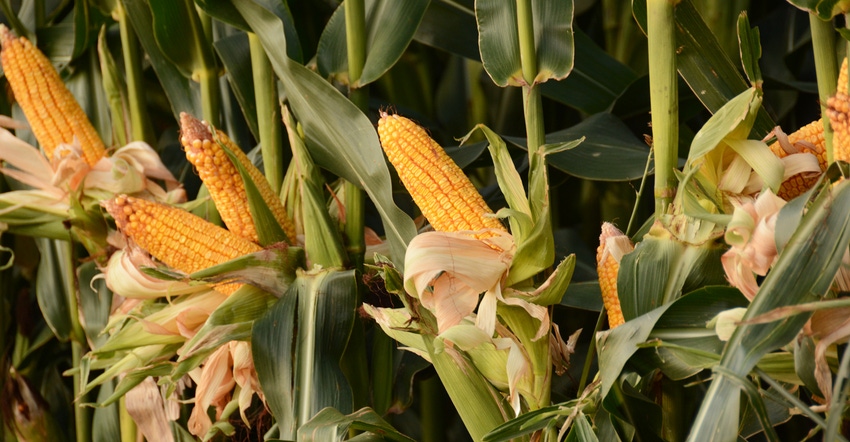
Corn and soybean trend yields nationwide have increased for decades. What is the major reason yield increases are possible? If it’s genetics, is it important to manage hybrids and varieties differently from each other? If so, are you doing so today?
One seed company wanted to know how farmers would answer these questions while reassessing research priorities. The company surveyed 101 Midwestern corn and soybean farmers. Results are published in the Golden Harvest 2022 Agronomy in Action Research Review. The Golden Harvest technical agronomy team is led by Bruce Battles.
Related: Farmers rank management practices for corn, soybeans
In the survey, farmers were asked if they agreed with the statement that yields appear to be increasing at or ahead of 1.9 bushels per acre per year for corn and 0.5 bushel per acre per year for soybeans. Those are the numbers provided by USDA through the National Agricultural Statistics Service through crop production reports. About 92% of those surveyed said they agree, and that those rates of improvement appear to be on target.
The bigger question is why? Overwhelmingly, farmers in the survey pegged continued improvement in corn and soybean genetics as the largest contributor to increased yields. About 50% of those answering the question named genetics as the most important factor. Just over 1 in 4 said improved management practices are most important, and nearly 1 in 5 attributed yield increases to adoption of new technologies.
Going further
Battles notes in the Agronomy in Action Review that as a seed company, Golden Harvest views every hybrid and variety as unique. Each is unique in how it should be placed and managed to obtain the highest yield potential. Do farmers agree with that concept?
The survey asked, “How important is customizing management practices to specific hybrids and/or varieties?” About 84% of those responding said yes, it is important. That’s just over 5 of 6 farmers who completed the survey. Conversely, 18% said they don’t believe it is important to manage hybrids or varieties differently just because of their genetics.
Here’s the kicker, however. Of the 84% who feel it’s important, slightly over half of them are currently managing hybrids or varieties differently. Only 40% of all farmers in the survey said they customize their management program based on genetics of the corn hybrid or soybean variety.
What’s holding the rest of farmers who think it’s important back from managing individual hybrids and varieties differently? Battles explains that one of the biggest challenges for farmers when it comes to managing specific genetics differently is knowing how they will respond to various management practices. Some receive information from seed providers that should help them make these decisions. Others make their own observations through on-farm testing over time. Often, Battles says, farmers use a combination of these two approaches.
For the company’s part, Battles notes that Golden Harvest attempts to learn as much as possible about each hybrid or variety before it reaches the market. In addition, the company continues trials with individual products on such things as seeding rates and fungicide response even after products hit the market.
He concludes by noting that Golden Harvest scales up trials each year to better understand how products in the portfolio respond to soil fertility management practices.
About the Author(s)
You May Also Like




